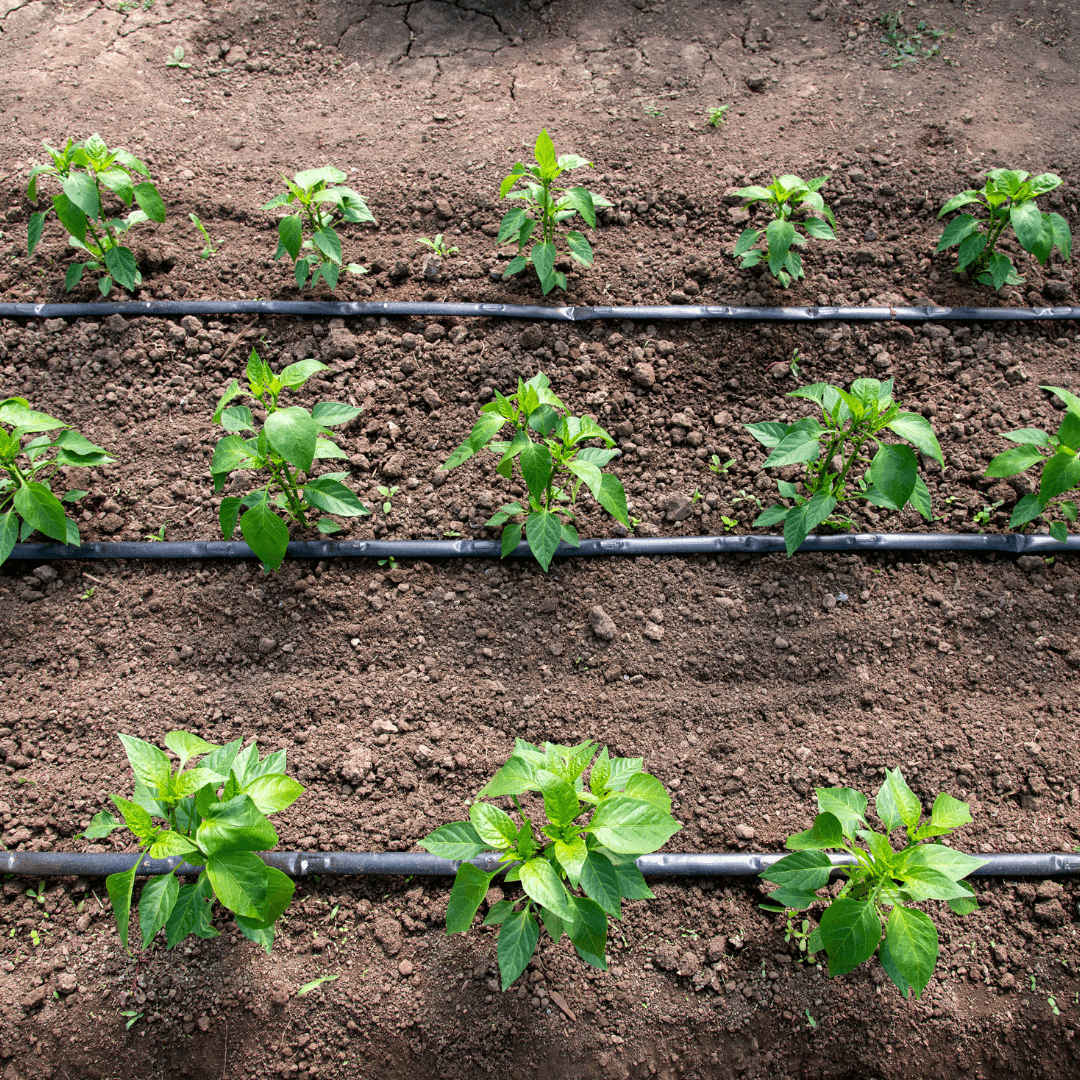Reveal the Best Fertilizers for Peppers: Essential Nutrients for Prospering Plants
Reveal the Best Fertilizers for Peppers: Essential Nutrients for Prospering Plants
Blog Article
Exactly How Fertilizers Play an Important Function in Growing Bountiful and healthy Pepper Crops
Fertilizers offer as the backbone of successful pepper cultivation, offering a critical technique to nourishing the dirt and promoting optimum plant growth. The elaborate dance between vital nutrients and the pepper plants' physical procedures highlights the critical role that plant foods play in guaranteeing a plentiful harvest.
Relevance of Nutrient-Rich Fertilizers
The application of nutrient-rich plant foods plays a critical function in improving the productivity and top quality of pepper crops in modern-day agricultural methods. Phosphorus, potassium, and nitrogen are key nutrients that are critical for the development and growth of pepper plants.
Insufficient degrees of these nutrients can lead to stunted growth, lowered returns, and sensitivity to illness (best fertilizers for peppers). Nutrient-rich plant foods supply a targeted option to guarantee that pepper plants get the essential components for optimal development and efficiency. Furthermore, these plant foods help enhance soil fertility with time, creating a sustainable atmosphere for lasting pepper growing
Enhancing Plant Growth and Development
To optimize plant development and advancement in pepper plants, calculated application of nutrient-rich fertilizers is vital. Fertilizers play a vital role in enhancing the overall health and wellness and performance of pepper plants by providing them with essential nutrients that may be lacking in the dirt.
In enhancement to these macronutrients, micronutrients such as iron, magnesium, and zinc are also vital for the correct performance of different plant procedures. Iron, as an example, is necessary for chlorophyll production, which is important for photosynthesis and overall plant growth. Zinc plays a vital role in enzyme task and hormone synthesis, impacting plant development and growth at a cellular degree. Magnesium is essential for the formation of chlorophyll and total energy transfer within the plant.

Boosting Illness Resistance With Plant Foods
By strategically integrating targeted fertilizers, farmers can reinforce the condition resistance of pepper plants, guaranteeing optimum plant wellness and efficiency. Plant foods containing vital nutrients like phosphorus, nitrogen, and potassium play an essential role in enhancing pepper plants' body immune systems, making them a lot more resilient to various illness. Nitrogen, as an example, aids in the manufacturing of proteins that are crucial for plant defense reaction. Phosphorus contributes to root advancement, enabling plants to much better take in nutrients and water, hence enhancing their capability to ward off conditions. Potassium manages procedures that improve overall plant health, making peppers a lot more robust versus pathogens.

Making Best Use Of Pepper Yield With Fertilization
Making use of a well balanced fertilizing technique is vital to achieving optimum pepper yield and guaranteeing optimal plant performance. By giving peppers with the right nutrients at the correct time, farmers can dramatically enhance their return capacity. Nitrogen, potassium, and phosphorus are important aspects for pepper development, with nitrogen aiding in leaf and stem growth, phosphorus sustaining root growth and flower formation, and potassium advertising total plant health.
To take full advantage of pepper return, it is important to perform look here soil examinations to determine existing vitamins and mineral degrees and identify any shortages that require to be dealt with. Based on these outcomes, farmers can develop a tailored fertilizing plan that satisfies the particular needs of their pepper plants. Additionally, correct fertilizing techniques such as split applications throughout the expanding season can make sure constant nutrient availability for the plants.

Lasting Plant Food Practices for Peppers
In considering sustainable fertilizer practices for peppers, it is important to concentrate on long-lasting soil wellness and ecological stewardship in combination with taking full advantage of plant efficiency. One key method is the usage of natural fertilizers such as helpful site garden compost, manure, or cover plants, which not just supply vital nutrients to the peppers however also add to soil structure and microbial activity. best fertilizers for peppers.
Furthermore, accuracy farming techniques, such as soil testing and targeted nutrient applications, can help maximize plant food usage, making certain that peppers receive the nutrients they need without excess runoff right into waterways. This not just profits the atmosphere by reducing contamination however additionally saves expenses for farmers by reducing waste. By embracing lasting plant food techniques, pepper cultivators can guard the health and wellness of their crops, dirt, and bordering communities for future generations.
Verdict
Finally, plant foods are important for growing bountiful and healthy and balanced pepper crops. best fertilizers for peppers. They give needed nutrients for plant growth and development, boost illness resistance, and make the most of yield. By implementing sustainable plant food methods, farmers can ensure the lasting wellness of their pepper plants and add to a much more environmentally-friendly and efficient agricultural system
The intricate dancing in between necessary nutrients and the pepper plants' physical procedures highlights the essential function that plant foods play in ensuring a bountiful harvest.To optimize plant growth and development in pepper crops, tactical application of nutrient-rich plant foods is necessary. Fertilizers play a crucial role in boosting the overall wellness and performance of pepper plants by giving them with important nutrients that might be lacking in the soil.By tactically incorporating targeted plant foods, farmers can bolster the disease resistance of pepper plants, ensuring my link ideal plant wellness and efficiency. Plant foods having important nutrients like nitrogen, potassium, and phosphorus play an essential role in enhancing pepper plants' immune systems, making them more durable to different illness.
Report this page